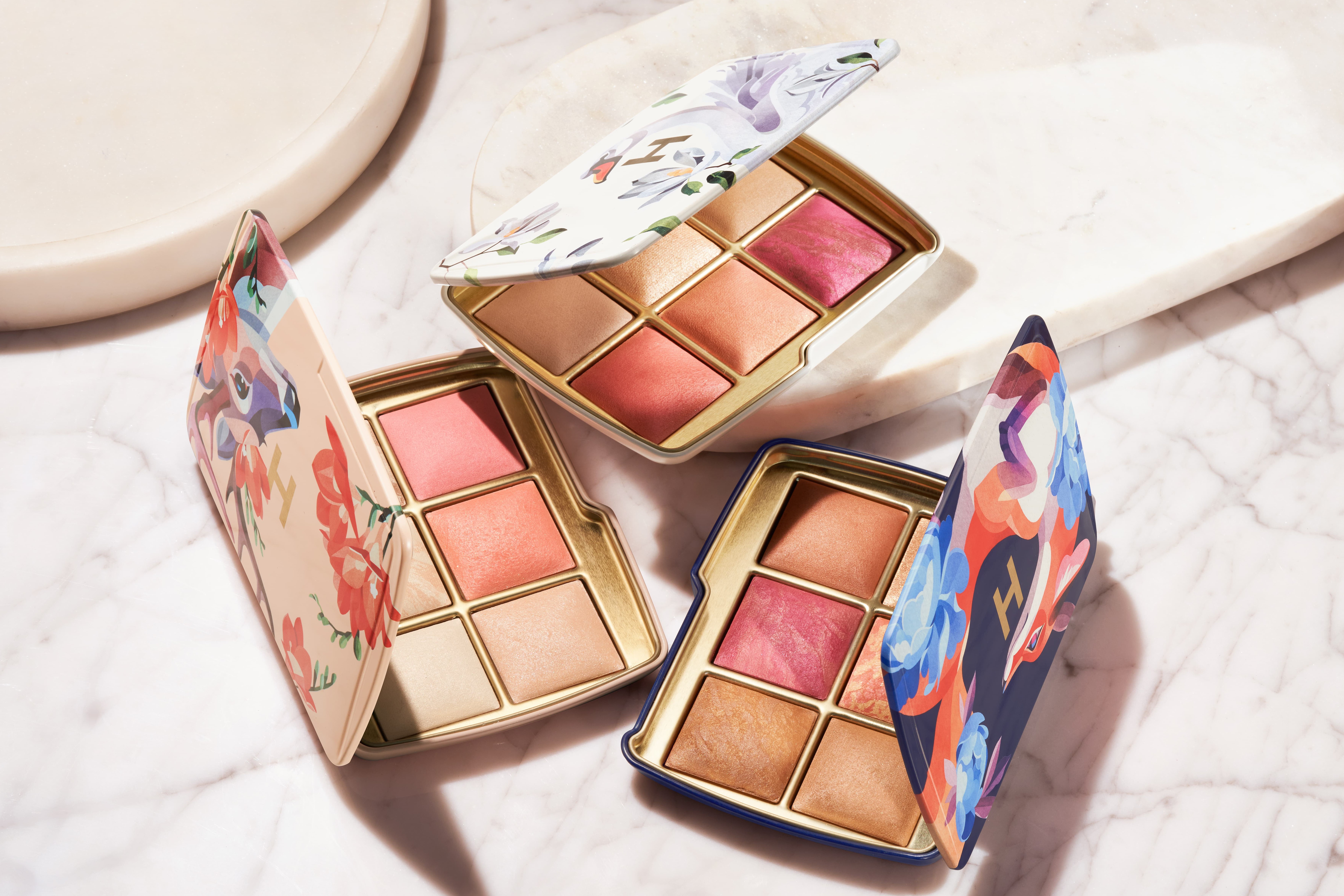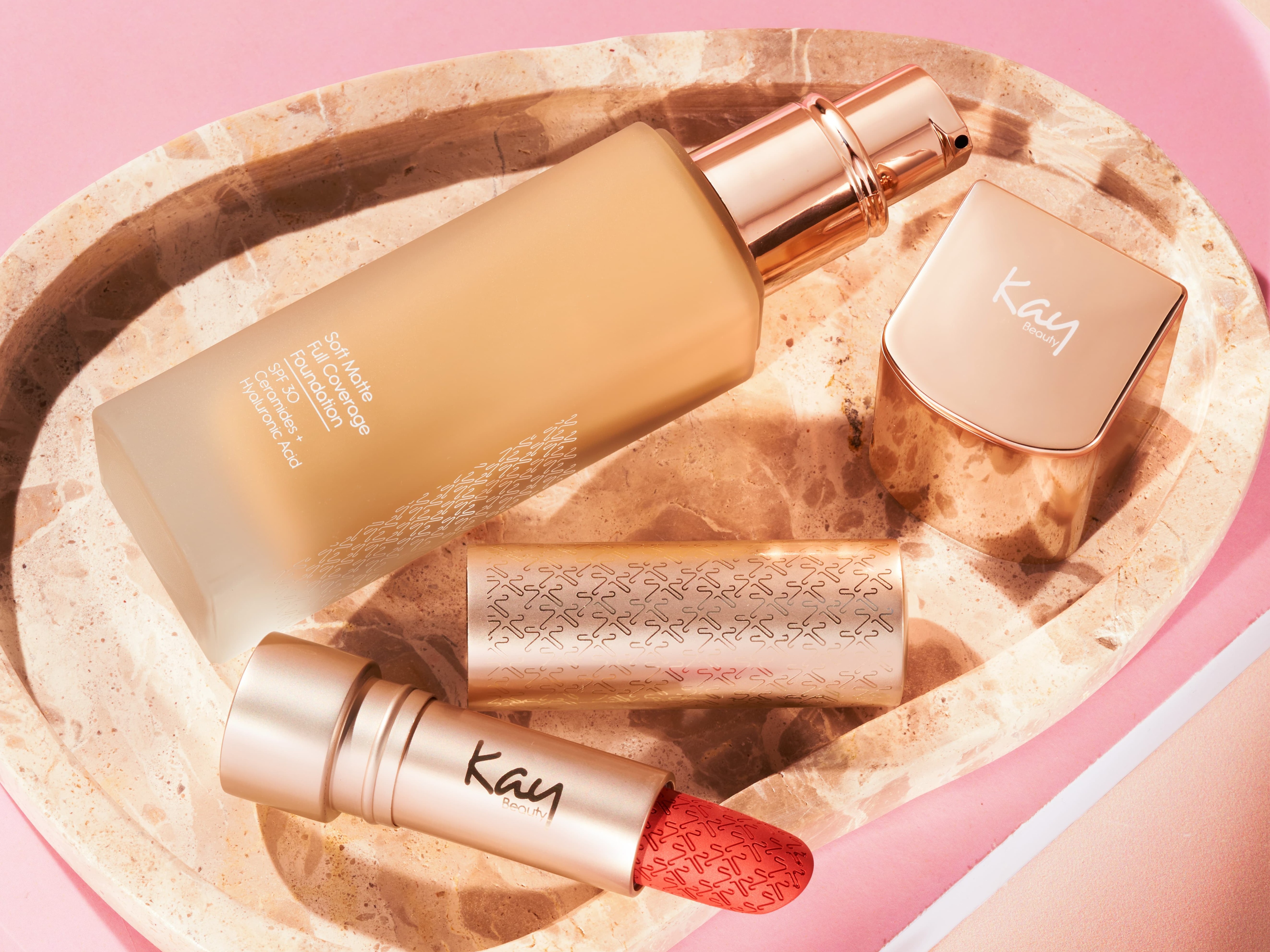
Finding the perfect regime to suit your skin and its ever-changing needs is a constant balancing act. One day skin might present with oiliness and breakouts, causing you to reach for products that reduce sebum production and mop up excess oil, while the next you’re treating dry patches with hydrating hero, hyaluronic acid. While this ad-hoc tweaking and tailoring may eventually give you the results you’re looking for, what if you could finesse the process with pH balancing skincare that helps to strengthen the outermost layer of the skin’s surface, and improve skin’s ability to protect itself?
What is pH?
pH is the potential hydrogen level in our skin and is a measure of how acidic or alkaline we are. The pH scale ranges from 0 (most acidic) to 14 (most alkaline) and our skin naturally looks and functions better when its pH is slightly acidic, with a value of around 5.5 or 5.6. “Optimising the skin’s pH level is a vital step towards overall skin health,” explains Kat Burki, “as it helps to protect against environmental damage and the ageing process, as well as allowing your skincare products to perform more effectively.” When our pH dips below or rises above this optimum level, we begin to notice a negative impact on our skin. If your pH is out of kilter, you may experience inflammation, irritation, dryness and skin complaints such as acne, rosacea and redness.
How Can pH Impact Our Skin?
“Because acidity is the natural state of the skin, it is important to keep it acidic,” explains Dr Brown, founder of ReVive. “A chronic alkaline skin can actually weaken and thin the skin’s protective barrier”, says Dr Brown “making it more susceptible to irritation over time.” This is because our skin is made up of many layers of ceramides and fatty acids, which together form what is known as the acid mantle. The acid mantle is a two-way barrier that protects any harmful bacteria from entering our bodies and any essential moisture from escaping. It’s important to ensure that this barrier is not compromised or broken down because once it becomes disrupted, the skin becomes more alkali and therefore permeable and vulnerable to bacteria. It’s also more difficult to keep skin hydrated and the cell renewal process begins to slow down.
What Factors Can Affect Skin’s pH Balance?
Kat Burki explains how certain ingredients that are too alkaline can affect skin’s pH, “certain products, specifically foaming cleansers which contain SLS and toners containing a high percentage of alcohol, tend to be very high in alkalinity and can strip the skin and disrupt its barrier or acid mantle.” Try to avoid using any skincare that leaves your skin feeling tight, dry of ‘squeaky clean’, “this is not a good thing as it probably means alkalinity” says Dr Brown. Additionally, using a wide variety of products with varying pH balances can also throw off the skin’s natural balance.
How Do I Re-balance My Skin’s pH?
Balancing your skin’s pH in general will help strengthen your skin’s barrier and there are several easy ways to do this in your day-to-day skincare regime. Try to cut down the amount of water or the length of time your face is in contact with water, as too much exposure can actually raise your pH. One way of doing this is to use a face cloth instead of splashing your face directly with water. Run the cloth under the tap and then carefully wring it out before applying to your skin. Alternatively, try to remove makeup with micellar water, which contains tiny cleansing molecules suspended in water that work to trap dirt and impurities. Simply apply to a cotton pad and sweep over your face before cleansing. Diet is another important factor to consider when it comes to helping to support your skin’s protective barrier, “as ironic as it seems, consuming good lipids like avocado can help maintain the protective lipid barrier” says Dr Brown. Try to incorporate good fats, lots of fruit and veg, and nuts and seeds into your daily diet, as will help to keep the skin barrier healthy. There are also lots of pH balancing skincare products that can help return skin back to its appropriate levels. The most important thing to remember is to stick to skincare that leaves your skin feeling replenished and well nourished.
Here’s our edit of sumptuous skincare to try…





.jpg)








